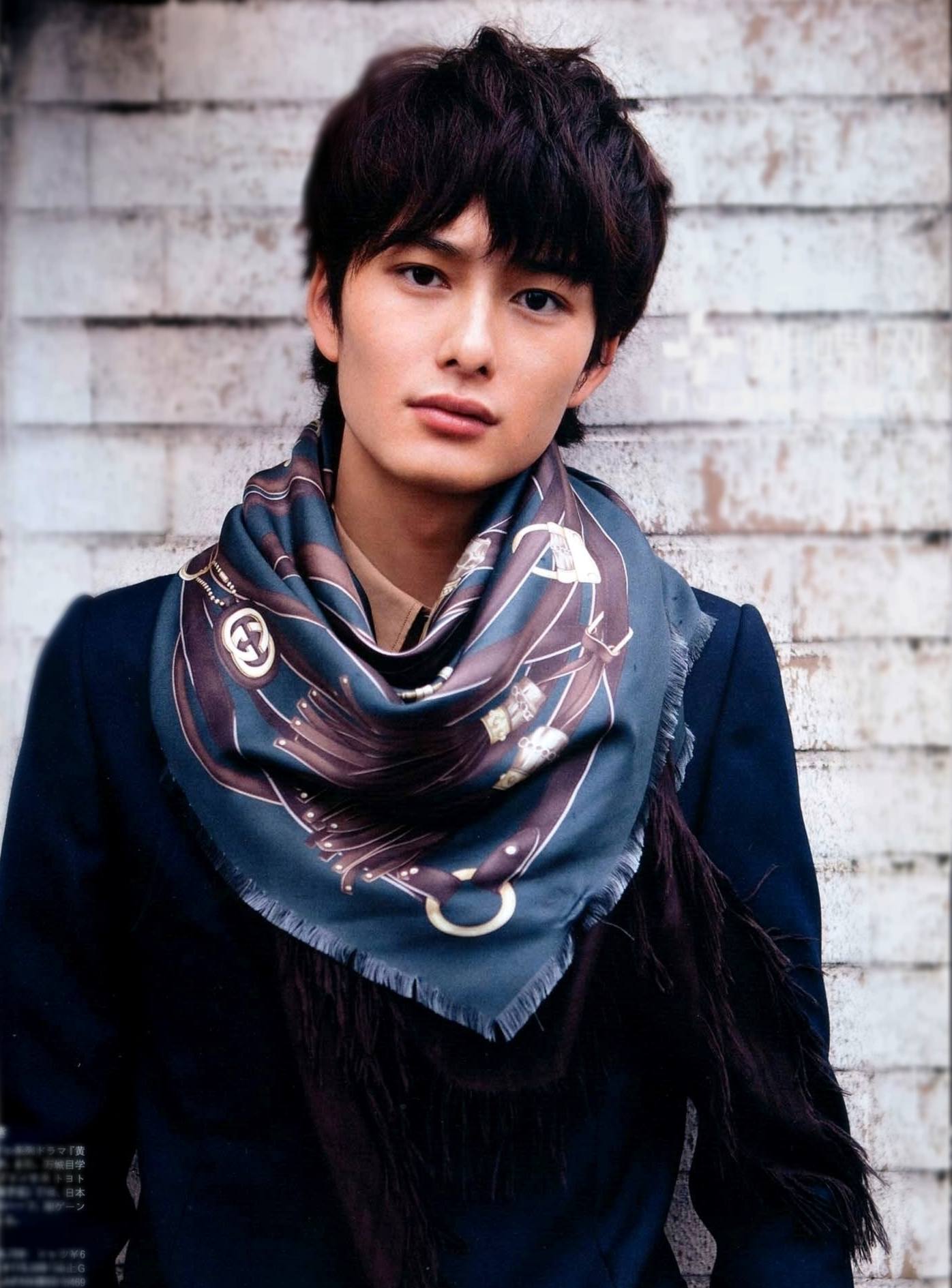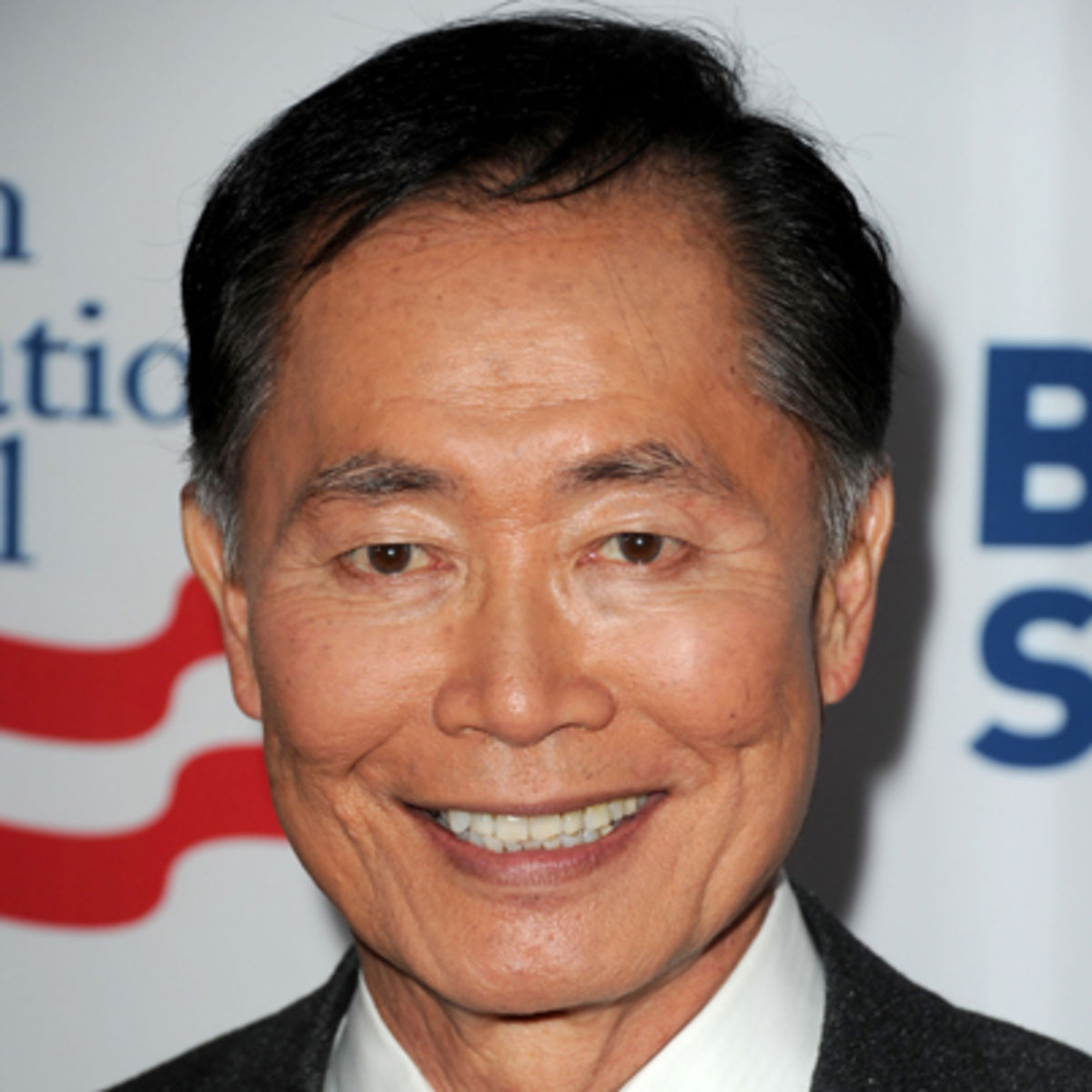Popular Japanese Actors: Your Ultimate Guide To The Stars Shining Bright In Nippon
When we talk about popular Japanese actors, we're diving into a world where talent meets culture, and charisma meets tradition. If you're a fan of J-dramas, anime, or even just curious about the Japanese entertainment scene, you're in for a treat. From heartthrobs to powerhouse performers, the Japanese film and TV industry is filled with actors who have left an indelible mark on both local and global audiences. So, buckle up and let's explore the brightest stars in the Japanese acting galaxy!
Now, why are Japanese actors so darn popular? Well, it's not just about their good looks—though let's be honest, they do have that going for them. It's also about their versatility, dedication, and the way they bring stories to life. Whether it's through dramatic performances or lighthearted comedy, these actors have a knack for captivating audiences worldwide. And trust me, once you dive into their world, you'll be hooked.
In this article, we'll take a deep dive into the lives, careers, and achievements of some of the most popular Japanese actors. We'll uncover what makes them stand out, explore their most iconic roles, and even sprinkle in some fun facts along the way. So, whether you're a die-hard fan or just starting your journey into Japanese entertainment, this guide is for you. Let's get started!
Table of Contents
- Biography of Popular Japanese Actors
- Early Career and Breakthrough Roles
- Iconic Roles That Defined Their Careers
- Global Impact and International Recognition
- Japanese Film Industry: A Closer Look
- Unique Acting Styles and Techniques
- Awards and Achievements
- Fanbase and Community Engagement
- Future Projects and Upcoming Movies
- Conclusion: Why These Actors Matter
Biography of Popular Japanese Actors
Who Are These Stars?
Before we dive into the nitty-gritty of their careers, let's first get to know the people behind the scenes. Popular Japanese actors come from all walks of life, but one thing they have in common is their passion for the craft. Below is a quick rundown of some of the biggest names in the industry:
| Name | Birthdate | Place of Birth | Claim to Fame |
|---|---|---|---|
| Kamenashi Kazuya | November 6, 1982 | Kyoto, Japan | Golden Globe-winning actor and member of KAT-TUN |
| Takuya Kimura | January 13, 1972 | Tokyo, Japan | Star of iconic dramas like "Long Vacation" and "Beautiful Life" |
| Ken Watanabe | July 18, 1959 | Niigata, Japan | Oscar-nominated actor known for "The Last Samurai" |
| Masami Nagasawa | July 16, 1986 | Tokyo, Japan | Famous for her roles in "Love Letter" and "Mother" |
These actors aren't just pretty faces—they're individuals with rich backgrounds and unique stories. Let's explore their journeys and see what makes them tick.
Early Career and Breakthrough Roles
Every great actor has a humble beginning, and Japan's most popular actors are no exception. Many of them started their careers in the entertainment industry at a young age, whether through modeling, singing, or acting in minor roles. But it wasn't until they landed their breakout roles that they truly captured the public's attention.
For instance, Ken Watanabe began his career in theater before transitioning to film. His role in "Ringu" (1998) was a turning point, showcasing his ability to handle intense, psychological roles. Meanwhile, Takuya Kimura, often referred to as "Kimutaku," rose to fame through his work with SMAP, but it was his dramatic performances in TV series like "Long Vacation" that cemented his status as a household name.
Key Factors for Success
- Strong work ethic
- Willingness to take risks
- Collaboration with top directors and producers
These early experiences shaped their careers and set the stage for their future success. As they honed their craft, they also built a loyal fanbase that continues to support them to this day.
Iconic Roles That Defined Their Careers
When you think of popular Japanese actors, certain roles immediately come to mind. These performances not only showcased their talent but also left a lasting impact on audiences. Let's take a look at some of the most iconic roles in their careers:
Kamenashi Kazuya's portrayal of a struggling musician in "Love Shuffle" was a game-changer. His ability to convey raw emotion without saying a word earned him critical acclaim and a Golden Globe nomination. Similarly, Masami Nagasawa's role as a single mother in "Mother" was both heartwarming and heartbreaking, earning her multiple awards and a place in the hearts of viewers.
Ken Watanabe's international breakthrough came with "The Last Samurai," where he played alongside Tom Cruise. His performance as Katsumoto was praised for its authenticity and depth, earning him an Oscar nomination and opening doors to Hollywood.
What Makes These Roles Stand Out?
- Emotional depth
- Memorable dialogue
- Strong character development
These roles didn't just define their careers—they also pushed the boundaries of what audiences expected from Japanese actors. They proved that talent knows no borders and that great performances can transcend language and culture.
Global Impact and International Recognition
While many Japanese actors have found success domestically, some have managed to break into the international scene. This global recognition is a testament to their talent and the universal appeal of their performances.
Ken Watanabe, as mentioned earlier, is one of the most recognizable Japanese actors worldwide. His work in films like "Batman Begins," "Inception," and "Godzilla" has introduced him to a global audience. Similarly, Rinko Kikuchi gained international fame for her role in "Babel," earning her an Oscar nomination and a place in Hollywood.
But it's not just about acting—these actors also serve as cultural ambassadors, introducing the world to Japanese traditions, values, and stories. Their work helps bridge the gap between cultures and fosters a deeper understanding of Japan's rich heritage.
How They Contribute to Cultural Exchange
- Collaborating with international filmmakers
- Participating in global film festivals
- Sharing their experiences through interviews and documentaries
Through their work, these actors are not only entertaining audiences but also promoting cultural exchange and understanding. It's a win-win situation for both the actors and their fans.
Japanese Film Industry: A Closer Look
To truly understand the popularity of Japanese actors, we need to look at the industry they work in. The Japanese film and TV industry is a vibrant and dynamic scene, with a rich history and a bright future. From classic samurai films to modern-day dramas, Japan has something for everyone.
The industry is known for its high production values, attention to detail, and willingness to experiment with new ideas. This environment fosters creativity and innovation, allowing actors to push the boundaries of their craft. It's no wonder that so many Japanese actors have found success both domestically and internationally.
But the industry isn't without its challenges. Issues like ageism, lack of diversity, and the pressure to conform to traditional standards can make it difficult for actors to thrive. However, many are working to change this, advocating for greater representation and inclusivity in the industry.
Key Statistics
- Japan produces over 600 films annually
- Japanese films account for 40% of the domestic box office
- The industry generates over $2 billion in revenue each year
Despite these challenges, the Japanese film industry remains a powerhouse, producing some of the most talented actors in the world. And with the rise of streaming platforms, the global reach of Japanese films and TV shows is only set to grow.
Unique Acting Styles and Techniques
What sets popular Japanese actors apart from their counterparts in other countries? It's their unique acting styles and techniques. Whether it's their ability to convey emotion through subtle expressions or their knack for physical comedy, these actors bring something special to the screen.
Takuya Kimura, for example, is known for his "natural" acting style, where he lets the character guide his performance rather than imposing his own interpretation. This approach allows him to create nuanced, multi-dimensional characters that resonate with audiences. Meanwhile, Ken Watanabe's method acting approach, where he fully immerses himself in the character, has earned him praise for his authenticity and depth.
These styles aren't just about technique—they're also about cultural context. Japanese actors often draw on traditional arts like kabuki and noh to inform their performances, adding layers of meaning and complexity to their roles.
How Culture Influences Acting
- Traditional arts like kabuki and noh
- Japanese aesthetics and values
- Collaboration with directors and writers
By blending these cultural influences with modern techniques, Japanese actors create performances that are both authentic and innovative. It's this fusion of tradition and innovation that makes them so captivating to watch.
Awards and Achievements
Recognition from peers and critics is a testament to an actor's talent and hard work. Popular Japanese actors have received numerous awards and accolades throughout their careers, both domestically and internationally.
Ken Watanabe's Oscar nomination for "The Last Samurai" was a groundbreaking moment for Japanese actors, proving that they can compete on a global stage. Similarly, Masami Nagasawa's win at the Japan Academy Prize for her role in "Mother" highlighted her ability to deliver powerful, emotional performances.
But it's not just about the awards—it's about the impact these actors have on the industry and their fans. Their achievements inspire the next generation of actors and help elevate the status of Japanese cinema worldwide.
Notable Awards
- Academy Awards
- Golden Globe Awards
- Japan Academy Prize
These awards not only celebrate their talent but also acknowledge their contribution to the industry. They serve as a reminder of the hard work and dedication that goes into every performance.
Fanbase and Community Engagement
No discussion of popular Japanese actors would be complete without mentioning their fans. These actors have built a loyal following both in Japan and around the world, and their connection with fans is a key part of their success.
Through social media, fan clubs, and public appearances, these actors engage with their fans in meaningful ways. They share updates on their projects, respond to fan mail, and even participate in fan events. This direct interaction helps build a sense of community and fosters a deeper connection between the actors and their fans.
But it's not just about the fans—it's also about giving back. Many popular Japanese actors are involved in charitable activities, using their platform to raise awareness and funds for important causes. This commitment to social responsibility adds another layer to their appeal and reinforces their status as role models.
How Fans Show Their Support
- Attending fan events and meet-and-greets
- Buying merchandise and supporting their projects
- Sharing their work on social media
By engaging with their fans and giving back to the community, these actors create a positive feedback loop that benefits everyone involved. It's a testament to their character and their commitment to their craft.

Cute Japanese Actors Telegraph

15 of the most Popular Japanese Actors Discover Walks Blog

Japanese American Actors